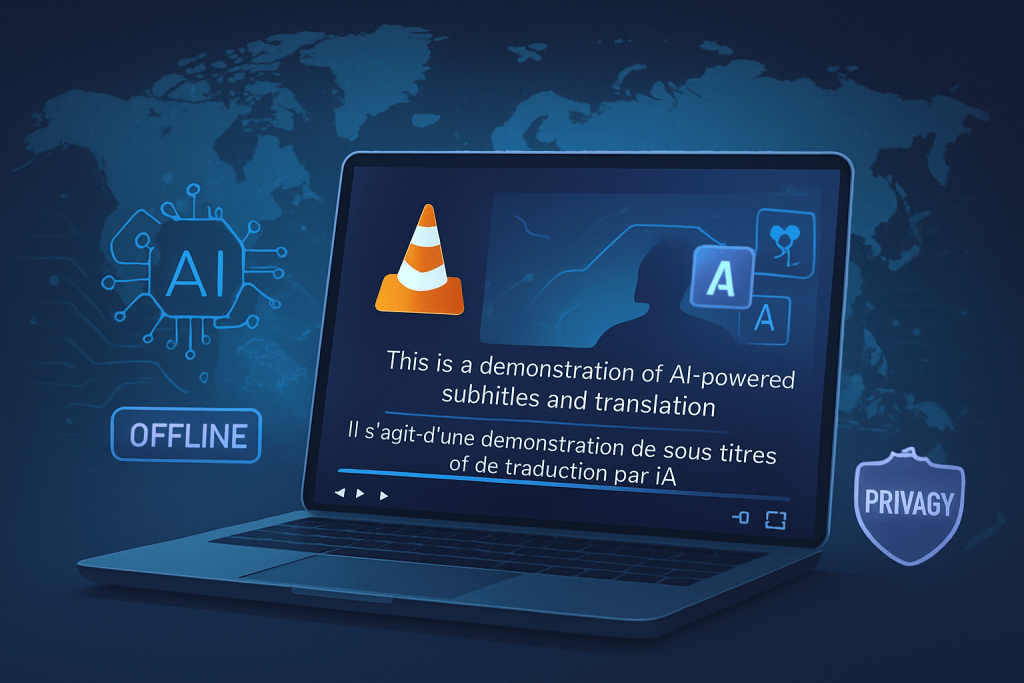On July 15, the YouTube account of Ben&Ben, a beloved nine-piece pop band from the Philippines, fell victim to hackers. The cybercriminals hijacked the account to livestream a fraudulent advertisement promoting XRP, a cryptocurrency. The video falsely featured Ripple CEO Brad Garlinghouse, using deepfake technology to mislead viewers into believing that XRP could soar to $4, enticing them to visit phishing websites. Quick Response from the Band Ben&Ben quickly addressed the hack on their official Facebook page, informing fans that they were working to recover their account. Despite their swift response, the hackers managed to stream the scam content for a few hours. Eventually, the band regained partial control and stopped the fraudulent livestream. Another prominent Filipino group, the boyband SB19, with 3.6 million YouTube followers, also faced a similar hack. Their management acted quickly to restore the account and reported the incident to the authorities. Additionally, musician Rico Blanco’s YouTube account, boasting over 700,000 followers, was compromised. Although Blanco has not released an official statement, YouTube blocked the account for violating platform guidelines. The Depth of the Scam The use of deepfake technology in these scams is particularly concerning. By creating realistic but fake videos of well-known personalities like Ripple CEO Brad Garlinghouse, the hackers exploit the trust viewers have in these figures. This kind of manipulation can easily deceive even the most cautious individuals, demonstrating the advanced techniques cybercriminals are now employing. The fraudulent videos claimed that investing in XRP would yield significant returns, a tactic designed to prey on the financial hopes of the audience. This scam was not just about promoting XRP but also about driving traffic to phishing websites, where users’ personal and financial information could be stolen. Impact on the Artists and Their Fans The hacking incidents have a profound impact on the artists and their fanbase. For the bands like Ben&Ben and SB19, whose relationship with their fans is built on trust and authenticity, such breaches can damage their reputation and erode fan trust. Fans may become more wary of engaging with content from their favorite artists, fearing it could be compromised. Moreover, these incidents highlight the broader issue of cybersecurity for public figures. As more artists and influencers rely on digital platforms to connect with their audience, the risk of such attacks increases. It underscores the need for robust security measures, including two-factor authentication, regular monitoring of accounts, and immediate action plans for potential breaches. Ongoing Deepfake Scams Scams involving deepfake videos of Ripple’s CEO have been rampant on YouTube. These videos typically urge XRP holders to send their coins to a specific address with the false promise of doubling their amount in return. Such fraudulent activities were notably flagged to Google between November and December 2023. The Role of YouTube and Social Media Platforms The responsibility also lies with social media platforms like YouTube to implement stronger security protocols and faster response times to such breaches. While YouTube has mechanisms to detect and remove harmful content, the speed and effectiveness of these measures are critical. In the case of the recent hacks, the delay in shutting down the fraudulent livestreams allowed the scam to reach a wider audience. Steps Forward In the wake of these events, it’s crucial for content creators to reassess their security strategies. Simple steps like enabling two-factor authentication, using complex passwords, and being cautious of suspicious links can make a significant difference. Additionally, platforms must continue to innovate and improve their security measures to protect users from increasingly sophisticated cyber threats. Conclusion The recent hacking incidents targeting prominent Filipino musicians underscore the escalating threat of cybercrime in the digital age. It serves as a stark reminder for all content creators to bolster their online security measures and for viewers to stay vigilant against potential scams. By taking proactive steps, both individuals and platforms can help mitigate the risks and create a safer online environment for everyone.




